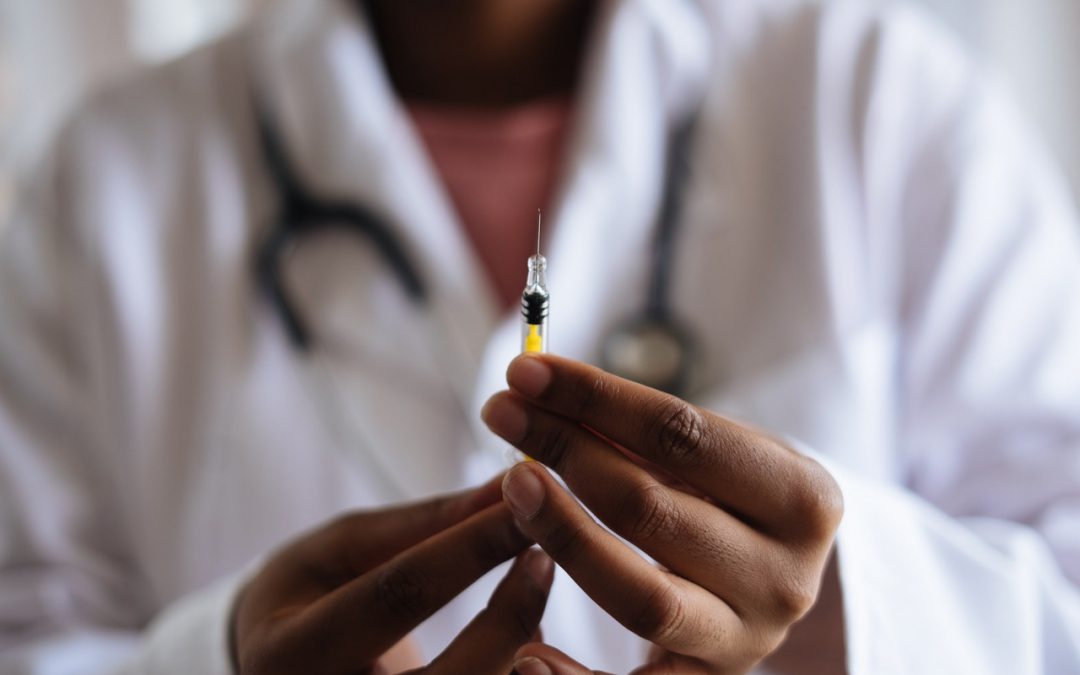The novel coronavirus (SARS-CoV-2) and resultant COVID-19 disease have been in the news for almost a full year at this point, but there is hope that the world will emerge victorious over the pandemic-causing illness. As fast-tracked vaccines are administered, viral and antibody testing continues, but there is still a lot of confusion about the difference and why antibody testing is useful. Read on for a brief overview of COVID-19 antibody testing.
There are two main types of COVID-19 testing available: the viral test and the antibody test. While the viral test looks for current evidence of the coronavirus in your system, the antibody test looks for evidence of past exposure and immune response to the coronavirus.
What are antibodies?
The first step to understanding the nature of antibody tests and how they can be useful with regard to COVID-19 is to comprehend what antibodies are. Antibodies are proteins created by the body’s immune system to fight viruses such as SARS-CoV-2. Different antibodies fight different viruses—each antibody has a specific, intended target. This means that antibodies for one virus do not protect someone from another different virus. For example, if someone has had chickenpox, he or she has antibodies for the chickenpox virus; but chickenpox antibodies will not protect that person against any other virus such as the coronavirus.
What is an antibody test?
An antibody test looks for markers of a past viral infection. Antibodies are present in saliva and the bloodstream; there are tests available for both, though salivary antibody tests may not work as well as blood tests. Because saliva tests are not as reliable, blood samples are taken most often when testing for coronavirus antibodies. Once a blood test is done, the sample taken is sent to a lab where technicians look specifically for the presence of COVID-19 antibodies. The antibody test is especially useful for determining if a person who did not have significant symptoms or any symptoms at all in the past had been infected with the coronavirus. This is important for assessing if that person has any level of immunity/risk for re-infection. The presence of antibodies for some diseases means there is some level of future protection, from permanent immunity to immunity that decreases over time; but whether people who have coronavirus antibodies are protected against future infection is still under investigation by scientists and medical professionals. These researchers hope that having antibodies to the coronavirus at least might protect against more severe cases of COVID-19 in the future.
Quick Claimers Medical Billing is committed to serving healthcare professionals by providing medical coding and billing solutions that support productivity and payment, especially during the current pandemic. The coding and billing specialists at Quick Claimers stay abreast of changes in the industry that will affect the processing of your healthcare claims, so they can ensure that you are paid by patients and reimbursed by insurance companies for all medical care and treatment provided. If you would like more information about the services offered by Quick Claimers, please reach out to the professional, competent team online or by phone at 915-351-6600.

